Disagreement Over Term “White Supremacy” At Academic Senate Meeting
Mt. SAC faculty debated the use of the term in the language of the Racial Justice Task Force resolution.
The Mt. SAC Academic Senate met for their regularly scheduled meeting on June 3 via Zoom to debate on the term “white supremacy” that prompted backlash among faculty offended by the phrase. The Senate also met to advocate against a California education bill that would make it easier for courses to be transferable and accepted a report about proctoring software that punished a Mt. SAC professor in its trial.
The Academic Senate went over the action item of the Racial Justice Task Force and its proposals for change at Mt. SAC. The item passed was an updated version of the similar resolution passed on May 11 by the Academic Senate. The elements of the task force are important in addressing the curriculum and campus-wide actions that can be taken to meet racial justice initiatives. However, a debate ensued when Dafna Golden, professor of geography, proposed an amendment to remove all language involving “white supremacy” as a term in the document. The amendment was seconded by Malcolm Rickard, professor of physics and engineering at Mt. SAC.
The reasons given by Golden were that there are other groups who commit racial inequities and that “white supremacy” is a loaded and unclear term. At one point, Golden stated that those arguing against her amendment were accusing her of being a white supremacist—despite this not happening.
Betsy Lawlor, professor of anthropology, chimed in by saying that colleagues on campus would reject outright any accusations of white supremacy levied against them, which is nowhere in the task force’s proposal. Lawlor said that the goal should be to focus on microaggression that inhibits it and prefers the term “white privilege.”
April Tellez, professor of history and chair of the task force, repeatedly said that sugarcoating the term would lose its impact.
She said, “We are founded on a system, historically speaking and also contemporarily, on a system that maintains white hegemony. We’re founded on a system that does support and maintain white hegemony and that’s an institutional and historical and contemporary fact.”
Dr. Mica Stewart, professor of sociology, also added that the term has nothing to do with individuals and the term “white supremacy” is spelled with a lowercase “w” to highlight that the term was not an indictment of white people and is applicable to any group saying, “Anybody can be a white supremacist, and everybody, all of us, including me, as a very brown woman is influenced by white supremacist ideas because we live in this culture.”
Despite these repeated clarifications by Tellez and others, Golden seemed unmoved in her stance. She responded by saying, “If I’m making this objection to the use of white supremacy, that automatically makes me a white supremacist, and I do not agree with that thinking at all and I find it really offensive,” despite no one calling her a white supremacist and the repeated clarifications highlighting this was an indictment of the structure and not individual professors.
Golden also rejected a friendly amendment that would have added a definition of “white supremacy” when offered by Dr. Stewart.
The Academic Senate voted against Golden’s amendment 37 to 10 with three abstaining; 20% of the Academic Senate did not think the term “white supremacy” should be included in a Racial Justice Task Force recommendation.
Kristina Allende, professor of English and literature, said, “We live in a country in which the term white supremacy is consistently taken out of documents because it makes white people feel uncomfortable, and as an educator at this college, we know as educators at this college, we know that it exists. We know that we need to acknowledge it.”
The Senate was also given a Legislative Liaison report regarding opposition to AB 1111, the Breaking Barriers to Employment Initiative—specifically the new 2021 Berman update. AB 1111 is a California State bill that seeks to increase the employment opportunities of California residents that may not qualify for federal or state aid with regards to learning skills and crafts that can be used towards seeking employment.
The 2021 Berman update specifically seeks to have California’s 116 community college’s standardize their course numbering at certain colleges. EdSource reports, “At Pasadena City College, college algebra for STEM majors is labeled Math 003. At Cypress College, it’s Math 141 C and at Napa Valley, it’s Math 106.”
The different course numbers by colleges increases confusion among college students and decreases transferability options, according to the Public Policy Institute of California, and 19% of community college students transfer in four years with one of the biggest obstacles being accumulation of 30 transferable credits.
Opposition to the bill by faculty centers on the idea that this bill reduces faculty decision-making which should be done on the local level. However, President Scroggins said in a prior interview that a statewide common numbering system “would be very useful and very empowering for students.”
Lastly, the Academic Senate approved a work group’s recommendations with regards to proctoring software, Honorlock, a controversial proctoring software that has been previously reported as discriminatory against students of color and had caused dispute on other campuses.
In the Senate, the verbal report failed to mention that in the actual report a professor testing the software as a trial was marked as cheating when his son walked through the room casually. The professor could not continue the test and had to call Honorlock support to be cleared to continue his trial, highlighting the sensitivity that the software has and the inequity that could occur for students who could not find a proper place to take a test.
Regardless of this, the group supported using the software.
The Mt. SAC Academic Senate will meet again next semester.




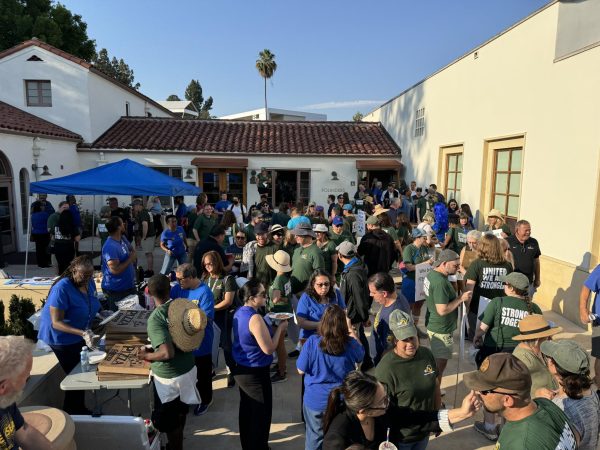
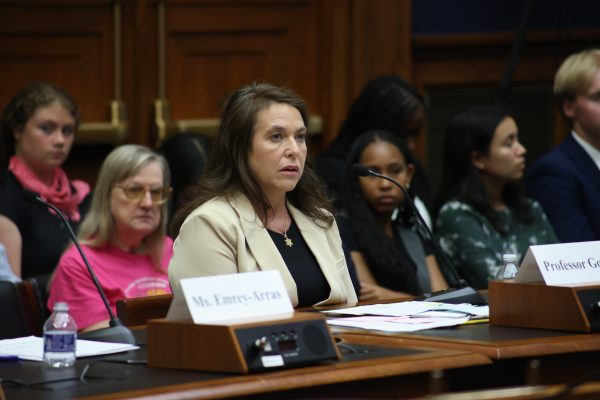

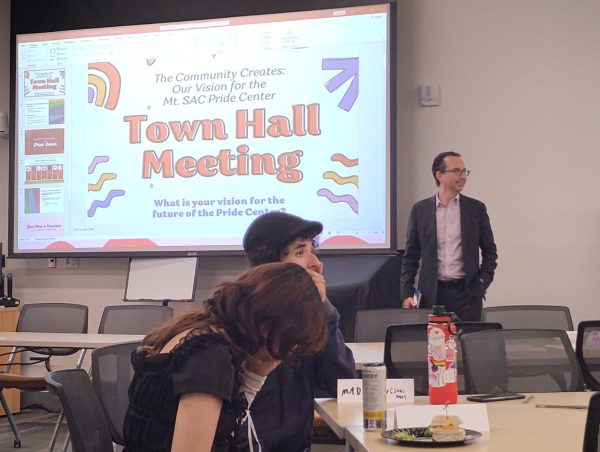
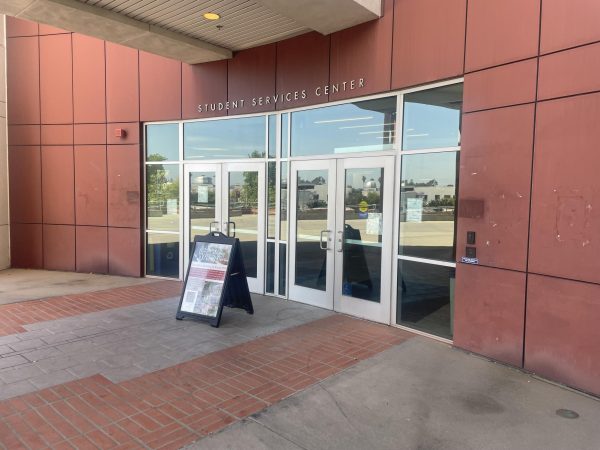
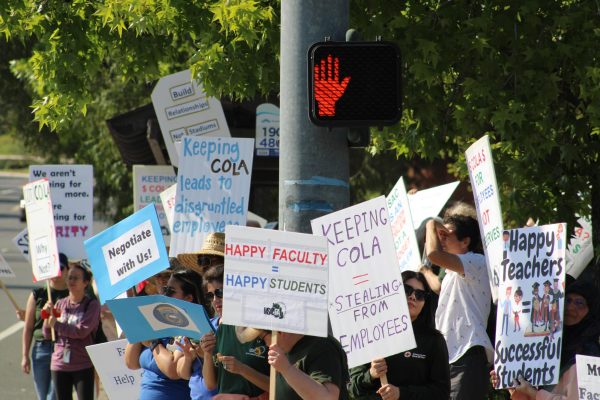



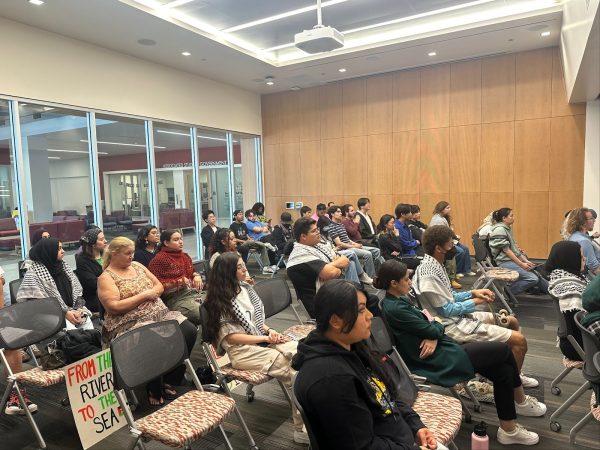
Kacee • Jun 7, 2021 at 1:06 pm
Classic white fragility…. incredibly problematic when faculty can literally vote to cover up and downplay very real history. Get it together yall